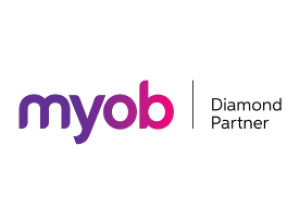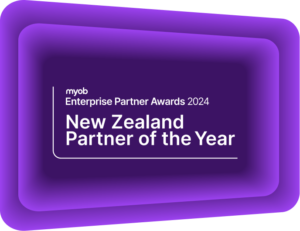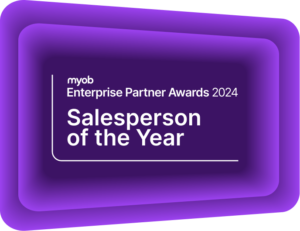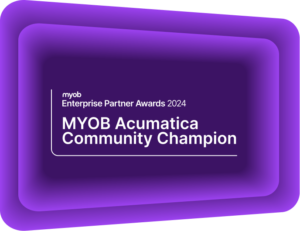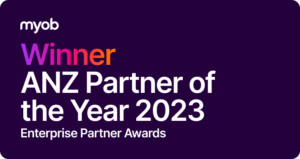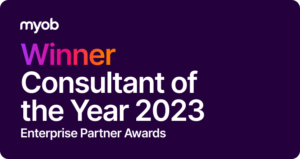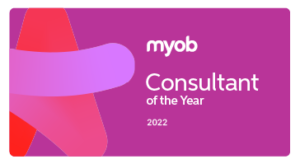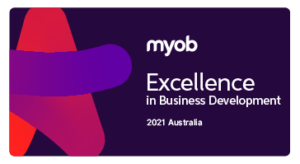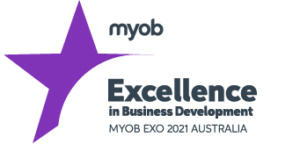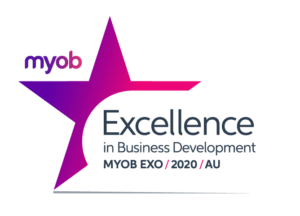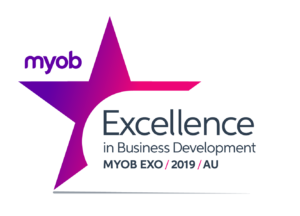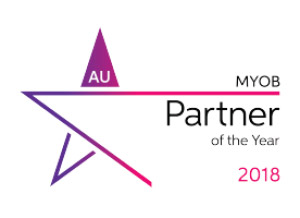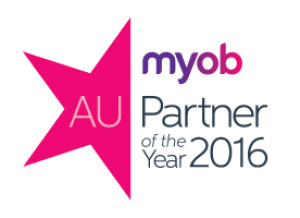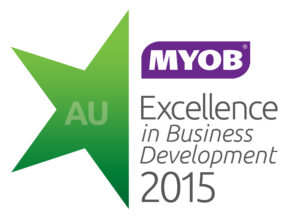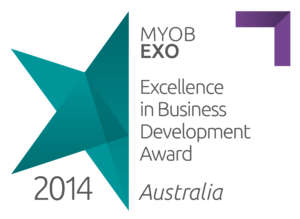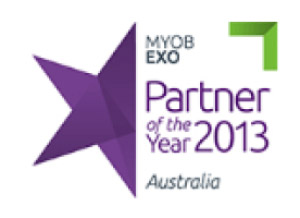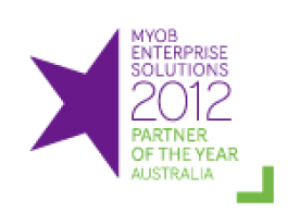Facts and Myths about ERP Software and Services
Our goal is to inform you about everything you need to know about ERPA major reason why ERP implementations fail is due to the unrealistic expectation of the client, fueled by a cycle of misinformation. Kilimanjaro’s goal is to ensure a low-risk and smooth implementation for our clients, and improvements in efficiency after go-live.
Myth
ERP systems and implementation can be quick and inexpensive.
This is a dangerous trap to fall into for businesses yearning for efficiencies but with a tight budget. A company promoting ‘simple and fast’ ERP solutions are providing a “one-size-fits-all” system, which is exactly what you are trying to move on from. It will not match your specific business requirements and will hinder your long-term business growth. Implementation is an investment and should be supported from beginning to end. Therefore, if the implementer does not look at each business and their processes individually, they cannot provide a low-risk approach and the relationship with the client is destined to be a troubled one.
Fact
ERP software can be costly.
There are a number of factors that will influence the final price of an ERP system. The implementor will consider these when providing you with a proposal. Factors will include:
- Licence Costs
- Implementation Costs
- Training
- Configuration
- Integrations and Customisations
- Hosting
- Modules Required
- Hardware requirements
- Incidental costs such as Travel.
Firstly, the size and stage of the evolution of your business will be indicative of which ERP system is best suited and the size of the investment you will need to consider. The basic law of business balance says you cannot pay a little and get a lot. It can’t be done. Visit our page for guidance on selecting the best ERP system for your business.
Myth
Implementing an ERP system into your business will ensure success, efficiencies and reduced labour.
Although this should be the case, an ERP system is a tool Simply purchasing and implementing an ERP system may relieve your current pain points, but this is a long-term investment and must be able to scale as you grow. Your business processes are constantly changing and you must be able to review and reconfigure as you move along your businesses journey. For more information on whether an ERP system will solve your problems and improve efficiency, read here.
Fact
ERP failures rarely have anything to do with the actual software.
There are plenty of horror stories of software failure destroying businesses, but in fact, it is rarely the fault of the software. For a system to have a successful implementation, you will need a team effort from both the implementor and the client. While configuration errors can lead to failure, so can a lack of diligence on the part of the client. More often than not, a system will fail due to organisational issues, such as not enough focus on reviewing business processes or a lack of project management. This means that the ERP system not aligned with your current business process or strategies. A good implementer has had plenty of experience with clients just like you and can guide you up the technology mountain, with a pathway to growth and success.
Myth
The best time to implement your ERP system is at the start of a new financial year.
In theory, implementing a system at the beginning of a financial year makes sense. You have a clean cut-over point to a new system for accounting purposes, the start of a new financial year is also the busiest for most businesses, especially the finance team. Implementing a new system into your company means extra time and patience with employees to learn how to properly learn to use the new system. The implementation process is a stressful time and the greatest risk to an implementation is a lack of proper resourcing. Read our “best time to implement” to find out more.
Fact
Choosing the right ERP implementation partner can be more important than choosing software.
Once you begin your research, you will find a variety of ERP systems that lay claim to be perfect for your business. There are a number of easy considerations. See below:
Local ERP Software house?
MYOB software is designed and built specifically for the Australian and New Zealand markets. There are many advantages to using local software. Overseas software vendors do not prioritise the ANZ market. They modify their systems to meet basic ANZ business and legislative requirements. Any updates to maintain compliance may be slow, reflecting this lower priority. Single Touch Payroll (STP) is a perfect example of a new local (ATO) requirement that requires a huge investment by the software house.
Functionality
Make sure you are very clear on your own requirements. All the bells and whistles will not help you to solve your problem if that specific piece of functionality is not supported. A good example is your stock costing method. If you use FIFO, and the system you are considering is based on Average Costing, you need to be aware of this before committing to purchase.
Suitability
The design for ERP systems is for small, medium or large and complex businesses. The ERP’s design takes into account factors such as Separation of Duties (or Separation of Responsibilities). If in your business, one employee is multi-tasking and responsible for multiple functions, a system which splits these functions up into sperate processes or workflows will be very cumbersome. In a large organisation, this may be exactly what you want.
Deployment Options
Nowadays, for remote and simple access, most ERP systems are hosted in the cloud. If you have a specific requirement for an entirely on-premise system (Security concerns, or a poor internet connection, for example), check on this right at the start of the selection process.
The Most Important Choice – Your ERP Implementer
Once you have considered everything software and hardware related, you have to make the decision of which implementer to go with. Even though you may have chosen the ‘most suitable” product available on the market, it will not benefit you unless you have an implementer that knows what to do with the software. You need to feel in safe hands. Someone that will assist you with the selection of the most suitable product for your business and will then use a structured methodology throughout the implementation process is important.
If you are not sure what to expect from your implementation Partner, read our article on “What to expect from your Enterprise Partner”.
If you would like to know more about ERP Software and the methodology we use for implementation and the services we offer, don’t hesitate to call us on 1300 857 464 (AU) or 0800 436 774 (NZ), or send us an email at sales@kilimanjaro-consulting.com. Alternatively, simply fill in the form below and we will contact you shortly.

